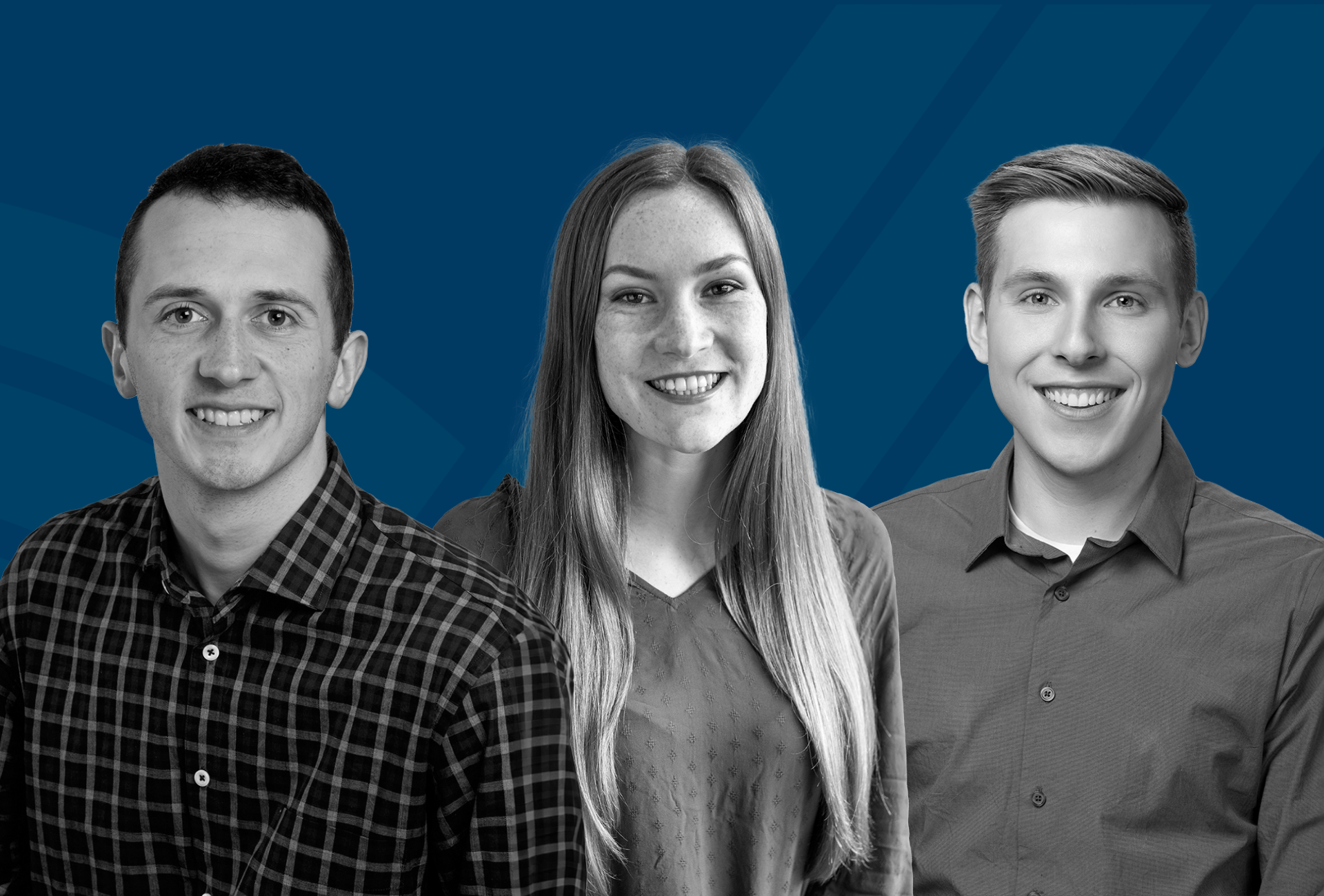At Century West Engineering, we do our best to foster the growth of our engineers; from their first job out of college to reaching major milestones. Earning a Professional Engineering (PE) license is an important step in the process that involves hands-on experience, continuous learning, and a good amount of professional growth. Collaboration and mentorship are at the heart of the PE journey, and we are proud to support our team members along the way. We sat down with our own Austin Gernhart, Elizabeth Wilson, and Michael Berggren to learn about their transitions from engineers-in-training to licensed professionals.
Why Century West?
For many engineers, choosing their first employer is as much about company culture as it is about career opportunities. Austin was first drawn to Century West at a career fair, where a conversation with Tom Headley, a project manager in our Bend office, left a lasting impression. Austin shared, “I didn’t know anything about airports, but I liked the people I met, and that’s what mattered to me most.” That sense of connection and belonging carried through as he started his career.
Elizabeth and Michael were drawn to Century West by the opportunity to explore different areas of engineering. Elizabeth explained, “I wasn’t completely sure if I wanted to focus on roadway, stormwater, or something else, but when I started interning here, I realized I could explore a bit of everything.” The project diversity at Century West allowed them to explore several areas of civil engineering.
For all three of them, Century West provided the right mix of opportunity, variety, and support—an important mix for engineers early in their careers.
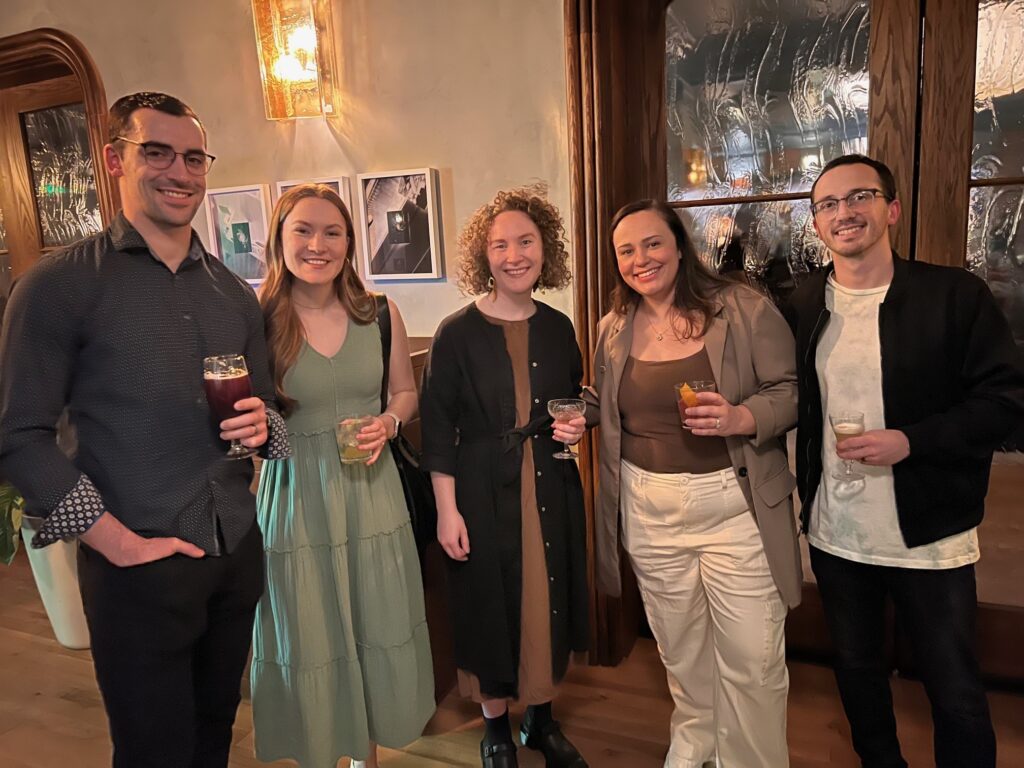
Milestones on the Path to PE
One of the biggest challenges new engineers face is bridging the gap between what they learned in the classroom and what it means to work in the field. Austin felt that “in school, engineering is all about problem-solving and calculations, but in the real world, much of the job is about drafting in CAD and following client-specific standards.” For Austin, Elizabeth, and Michael, this shift was a defining part of their growth into becoming PEs.
Elizabeth remembers one of her first big lessons in connecting technical work to real-world impact. As an intern, she worked on a bus stop improvement project in Salem, Oregon, where she had to conduct field surveys and translate her observations into CAD drawings. “It was the first time I really saw how something we designed would be built,” she shared. The experience changed how she approached design work—seeing the project take shape made her more confident in her decision-making abilities.
Michael had a similar realization while working on his first major utility project, “Working on waterline projects early on helped me understand utilities and how things connect in the field.” Seeing how small design choices affected construction and functionality reinforced the importance of thinking beyond numbers and drawings.
Each of them found that their biggest milestones weren’t just about technical knowledge—they were about learning how to think like engineers in a real-world setting. These early experiences helped them sharpen their decision-making skills and take the next step toward earning their PE licenses.
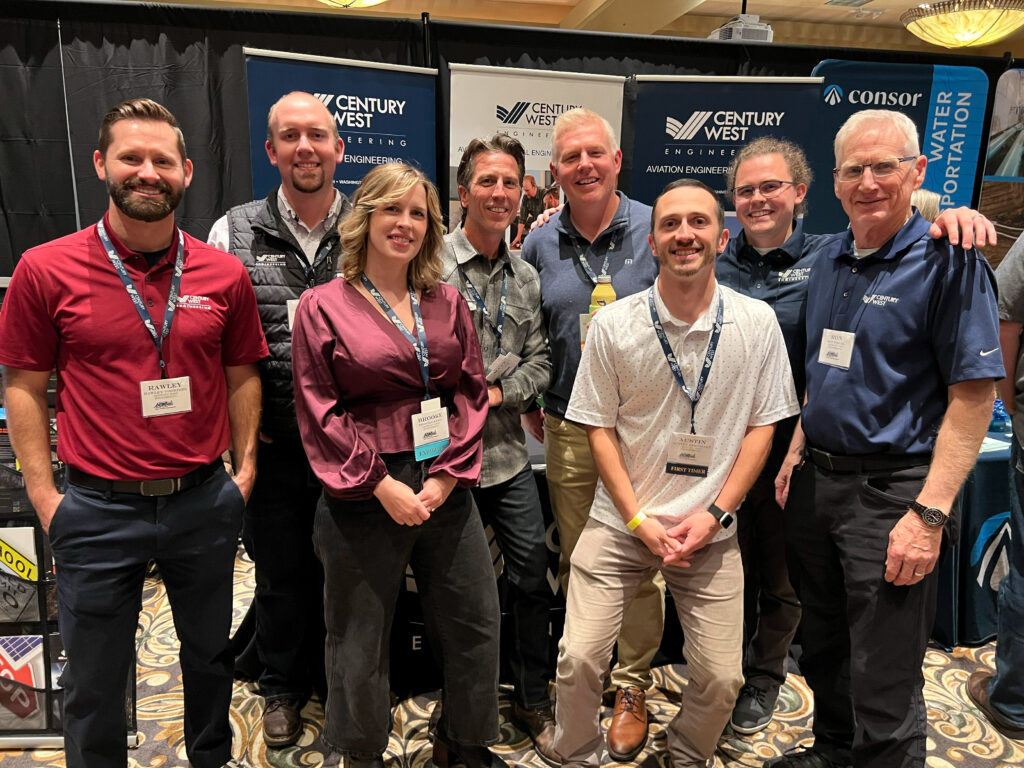
The Century West Experience
Beyond technical skills, company culture plays a big role in shaping any career. When asked why they’ve stayed with Century West, Michael, Elizabeth, and Austin each reflected that culture has been just as important as the work itself.
For Michael, the trust and flexibility at Century West have been key reasons he’s stayed. He values the ability to manage his workload in a way that supports a strong work-life balance without feeling micromanaged. “I have a lot of trust in my coworkers, and my coworkers have trust in me,” he shared.
Elizabeth had a similar experience. For her, collaboration was key in building confidence. She appreciated how colleagues were always there to answer questions or work through challenges as a team. “With every project, my team trusted me to take on more responsibility,” she shared. That trust allowed her to grow at her own pace while encouraging her to take on new challenges.
Looking back, they value the way teamwork at Century West wasn’t just about completing tasks—it was about supporting one another.
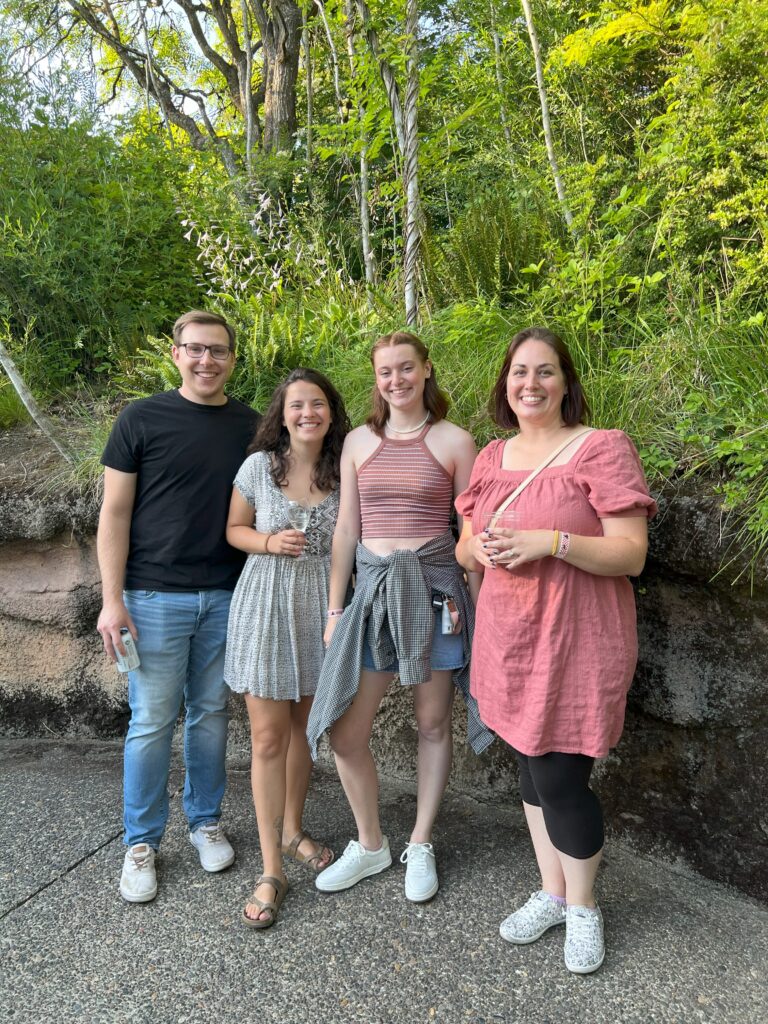
Looking Forward
As new PEs, Austin, Elizabeth, and Michael are eager to take on more project leadership. Each of them has grown into a role where they are no longer just executing designs but actively shaping projects from the start. “I’m excited to take the lead on projects and make more high-level decisions,” Elizabeth shared. She is especially excited about the opportunity to oversee designs for projects in her local community.
Beyond project leadership, Austin and Michael are looking forward to providing mentorship for aspiring engineers-in-training. Century West has a mentorship program where we pair folks at various career levels and across disciplines to provide guidance and support. Having experienced firsthand the value of this program in their careers, they see it as an essential part of professional growth. “I asked a million questions when I started, and my coworkers never hesitated to help,” Michael noted.
Austin feels the same way, recognizing how mentorship helped him grow beyond technical skills. “My supervisor didn’t just teach me engineering—he pushed me to think critically and step up as a leader,” he reflected. As they continue to grow in their careers, they hope to encourage engineers-in-training to take initiative and embrace challenges.
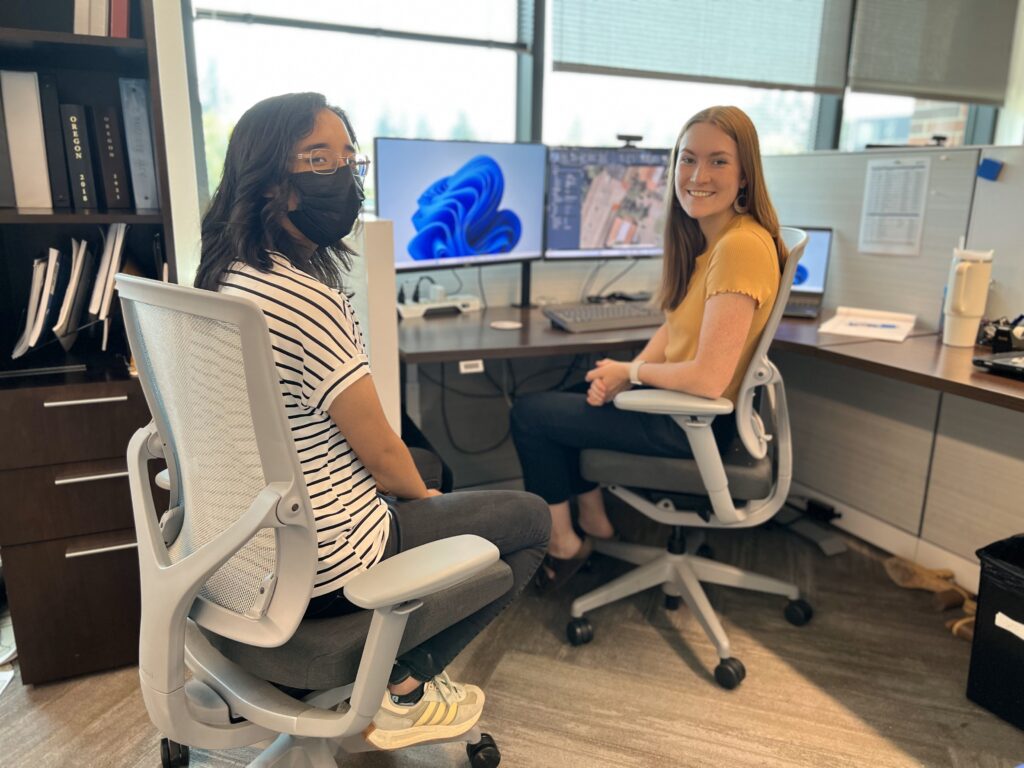
Advice for New Grads
Starting out in any career can feel overwhelming, but Austin, Elizabeth, and Michael all remember the small moments that made a big difference in their early years. Whether it was a kind word from a mentor, the excitement of solving a tough problem, or the realization that they were truly part of a team, they shared insights they wished they had known from the beginning. One of the biggest things they’ve learned is that no one expects you to know everything right away. Asking questions and seeking guidance isn’t a weakness—it’s how you grow. Michael emphasized, “Don’t be afraid to ask questions. Everyone was in your shoes once, and the people around you want to help.”
Austin agreed, adding that showing initiative goes a long way in building confidence and trust with colleagues. “Take the time to try to find an answer first. If you have a question, come up with a potential solution before asking—people appreciate that effort.” He noted that this approach also helps develop critical thinking skills early in your career.
Elizabeth reflected on how stepping outside her comfort zone led to unexpected opportunities. “Be willing to take on different experiences. You might think you know what you want to do, but trying new things will help you find what you’re truly passionate about.”
The trio emphasized the importance of curiosity, initiative, and a willingness to learn. By embracing these traits, new graduates can set themselves up for success in a field that thrives on collaboration and growth.

